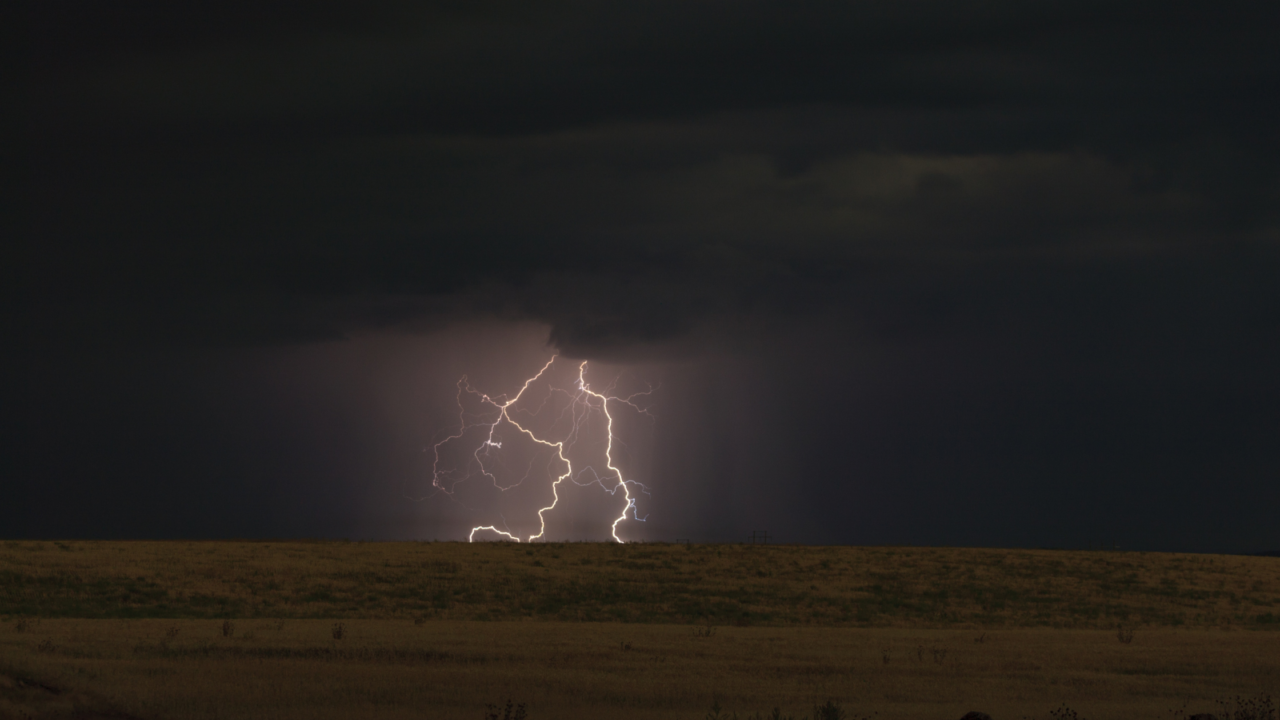Hurricane season is upon us and it’s time to prepare for the worst. As we all know, hurricanes can be devastating for coastal communities, but if your agency or business is prepared and has a plan in place you can greatly reduce the devastating impact a hurricane can have on your business. By having an expert emergency plan, you will be able to quickly react and recover from the storm with minimal disruption to your operations.
Understand Your Risks During Hurricane Season
Hurricanes are powerful storms that can cause significant damage to your business. To understand the risks, you should first identify your business’s location in relation to hurricane activity. Hurricanes can affect various areas differently, based on their strength and path, so it is important to know how close your location is to any known hurricane paths or areas prone to high winds.
Deepen your risk knowledge by reviewing the types of damage that hurricanes can cause:
- wind damage (which includes trees falling onto buildings)
- flooding from rainwater runoff and storm surge (a rise in sea level caused by strong winds pushing water toward shorelines)
- structural failure due to high winds or flooding water pressure against structures like roofs or walls
- storm surge flooding combined with waves crashing can also destroy roads leading out of town after a storm hits
Now that you have a better idea of how your business can be affected, an expert action plan that will keep all informed and instructed before, during and after a hurricane hits is crucial.
Creating Your Plan of Action
This plan will help ensure the continuity of operations during and after a disaster, including identifying any special needs of your workforce (such as access to medical care), creating an emergency communication plan, and identifying safe places where employees can shelter in place if necessary.
To start, establish a chain of command to have clear lines of communication so that everyone knows who is in charge of what and when decisions will be made. Solidifying a chain of command early on will better support your organization’s leadership during an emergency.
Next, you’ll want to:
- Protect your assets
- Be Prepared for evacuation
- Stock up on supplies
- Hire expert support
Protect Your Assets
Secure your property and facilities against damage from natural disasters. Physical measures planned for ahead of time, like temporary structures for warehousing and temporary housing, can supply your operations the time and space needed to recover if your building is damaged or destroyed. Ensure that your property is insured against damage from natural disasters, and make sure your business continuity plan includes a process for filing an insurance claim after a disaster strikes.
Other security measures include:
- Protecting your organization’s data by backing it up, storing it in a remote location and making sure that employees’ mobile devices are encrypted.
- Developing a plan for protecting your physical assets against damage or theft during an emergency.
- Instilling other systematic measures like locking doors and windows, shutting off utilities if necessary and moving equipment away from potentially dangerous situations like flooding or fire hazards.
- Invest in hurricane-proof windows and doors.
Be Prepared for Evacuation
Identify evacuation routes and safe locations. To prepare for a hurricane, you should know all of the possible evacuation routes from your location and have a plan in place to get out of harm’s way.
Have an emergency supply kit ready to go. If there is no time to evacuate, having an emergency supply kit on hand will help ensure that you can weather the storm safely while waiting for help to arrive or until conditions improve enough for you to return home safely. The Red Cross recommends keeping at least three days’ worth of water per person (one gallon per day), plus nonperishable food items like canned tuna fish or peanut butter crackers; first-aid supplies such as bandages; flashlights with extra batteries; blankets/sleeping bags; tools like duct tape or rope that might be useful if power lines are down after the storm passes through your area–and anything else specific to your needs such as prescription medications if needed!
Stock Up on Supplies
As you prepare for Hurricane Season 2023, it’s important to make sure your business is stocked up on the essentials. In case your people are stranded in your facility/facilities, make sure you have enough food and water as well as plenty of batteries and flashlights on hand so that everyone can stay safe during power outages.
Here are some pro tips for stocking up:
- Go for the non-perishable foods. If a hurricane hits and you lose power, having enough food will be critical for survival.
- Make sure you have enough fuel for generators. (Generators are an essential tool in emergency situations allowing appliances and other vital resources to stay running when you need them most.)
- Stock up extra batteries and flashlights. Hurricanes often cause power outages that last days or even weeks at a time; having backup light sources will help ensure comfort during these difficult times.
Hire Expert Support
Partnering with a disaster recovery resource and service provider can give you the peace of mind you need to focus on your plan and efforts, while leaving the complex and time-consuming logistical tasks to the experts.
Here are some key benefits to outsourcing disaster recovery resources:
Expertise: the right partner is equipped with the expertise and experience needed to handle the complexities of disaster recovery. They have the knowledge and skills to identify potential risks and vulnerabilities, and develop tailored solutions to address and resolve them.
Cost-effective: Many businesses assume that disaster recovery is too expensive to outsource. However, outsourcing disaster recovery resources can actually be a more cost-effective solution. Disaster recovery service providers can offer flexible pricing models that are unique to your specific needs and budget, allowing you to pay only for the services you require.
Faster recovery: In the event of a disaster, time is of the essence. Relief support can deliver turnkey solutions that can minimize downtime and ensure that your operations are up and running as soon as possible. Plus, disaster recovery can be a complex and time-consuming task. By outsourcing, you can save time and focus on other important aspects.



![How to Get Your Business Through Every Hurricane Season [Blog] | Lodging Solutions and Industrial Tents](https://boltonholdingsllc.com/wp-content/uploads/2022/06/BH-Blog-CTA-Banner-HurricaneStorms-1280x427.png)
